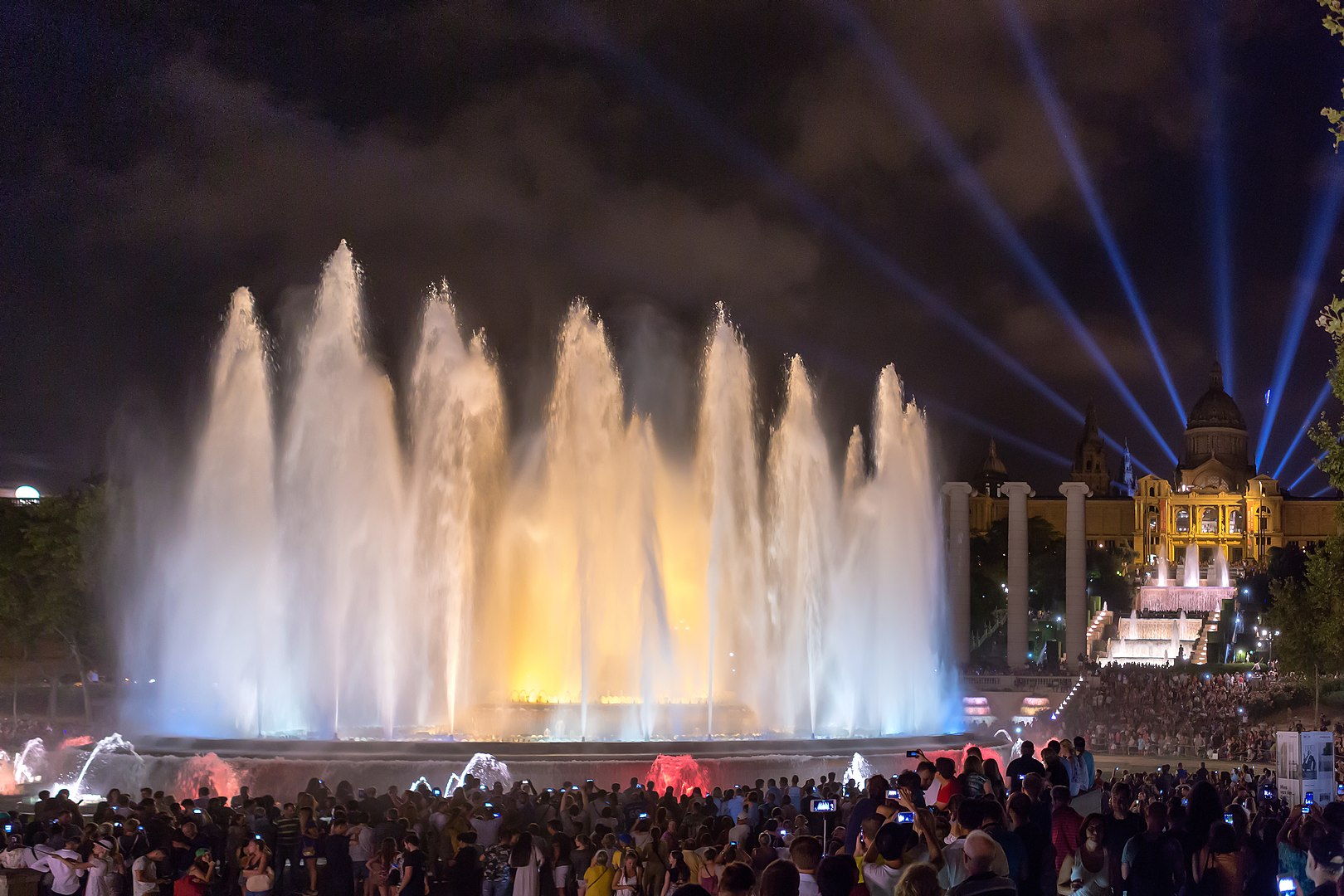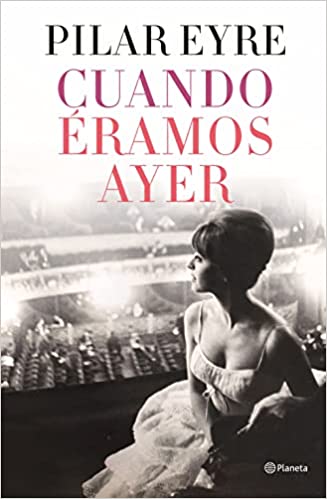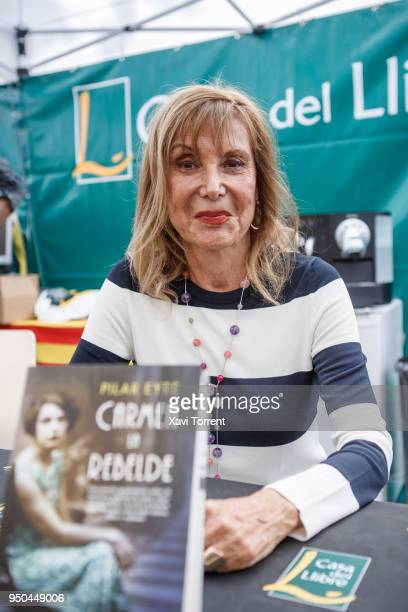
A new novel portrays the Barcelona of the 1970s and 1980s
Spanish writer and journalist Pilar Eyre publishes 'Cuando éramos ayer' which portrays the city from Franco's regime to the Olympic Games.
Spanish writer and journalist Pilar Eyre (Barcelona, 1951) considers herself part of a generation of Barcelonians who lived historic moments for the city when they were young, such as the student demonstrations of 1968 and the celebration of the Olympic Games in 1992. However, she considers that this period, despite being well documented, has not been very present in today's literature.
So for this reason she decided to return to the novel, this time with autobiographical overtones, with 'Cuando éramos ayer' (When we were yesterday)(Planeta, 2022), a story in which the writer takes a journey through the recent history of Barcelona.
The novel begins at the end of the 1960s with Tomás, a manufacturer of mantillas ruined because the new Pope has dictated that it is no longer obligatory for women to go to mass with their heads covered. On the other side are his wife, Carmen, who feels she has done everything in life even though she is not yet 40, and his daughter, Silvia, who is beginning to discover the world and wants to live outside the conventions of a conventional bourgeois family.
In his own words, the novel begins in a "light-hearted way and gradually hardens" as his protagonist, Tomás, enters adult life during the end of Franco's regime and the Transition.
"It's a time that nobody talks about. So much is written about the post-war period or the movida madrileña, but the 70s, the 80s and even those of Olympic Barcelona have fallen into a kind of oblivion, I don't see them anywhere," said Eyre in an interview with La Vanguardia.
Eyre's novel deals with various themes that conditioned those two decades: from the contrasts between the wealthy classes and the Andalusian immigrants, to the students who rebel against Franco or the return of the Catalan political exiles.
At the press conference to present the novel, Eyre also admitted that writing this novel has helped her to "reflect" on the women of that time and she hopes that "the women who read this book will see where we have come from".
RELATED CONTENT
Coming from a well-to-do family, Eyre has been able to accurately reflect how the spirit of an entire social class was at a time marked by the end of Franco's regime and the beginning of democracy.
"It was a social class that had benefited from Franco's regime and lived in a comfortable bubble in which they had no contact with people outside their circle. An artificial world of Liceo, good restaurants, luxury dressmakers and tailors, summers on the coast and houses with good heating and maids with black aprons and bonnets," she explained to the online media Upper.
The book is available on Amazon in physical, ebook and audiobook format.


With a degree in Philosophy and Letters and Information Sciences, Eyre has worked as a journalist as a columnist, interviewer and reporter in various newspapers and magazines (Hoja del Lunes, Mundo Diario, La Vanguardia, Interviú, El Periódico de Catalunya, El Mundo and Lecturas) and has also collaborated with several radio and television stations. She is the author of numerous books, including biographies and memoirs of the royal house, such as 'La soledad de la reina', which has become a publishing phenomenon, and 'Yo, el Rey', published in 2020.












LEAVE A COMMENT: